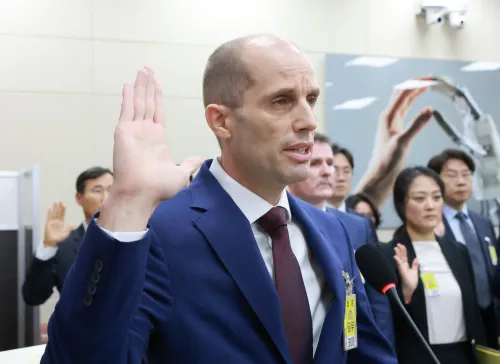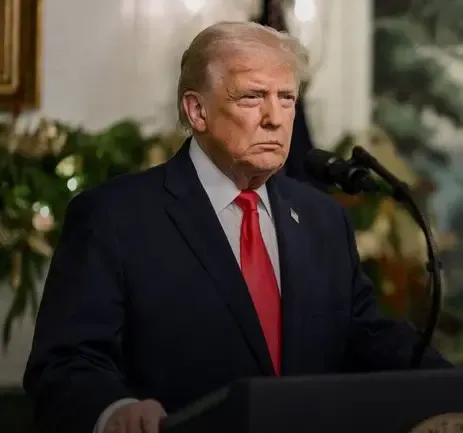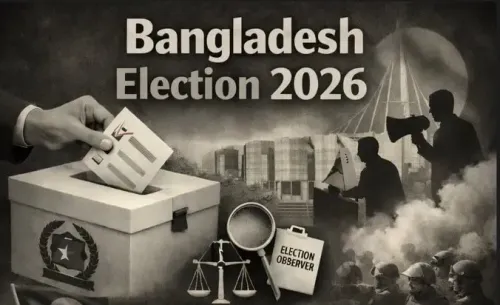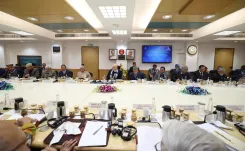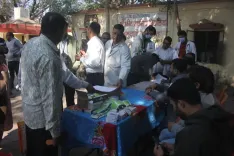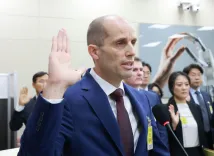Is Balochistan Facing Rampant Human Rights Abuses by Pakistani Forces?
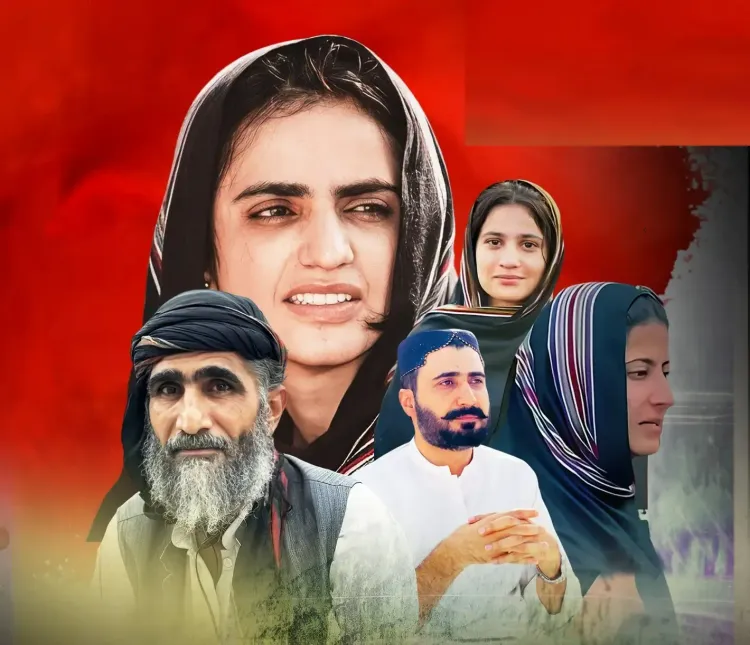
Synopsis
Key Takeaways
- Balochistan faces severe human rights abuses.
- Pakistani military is accused of targeting ethnic identities.
- Enforced disappearances and extrajudicial killings are rampant.
- Basic freedoms are under threat.
- International action is urgently needed.
Quetta, Sep 15 (NationPress) A prominent human rights organization has raised alarms regarding the ongoing plight in Balochistan, a region heavily afflicted by enforced disappearances, extrajudicial killings through orchestrated encounters, and a multitude of other serious violations perpetrated by Pakistani forces.
The Baloch Voice for Justice (BVJ) echoed the recent comments made by the United Nations High Commissioner for Human Rights, Volker Turk, during the 60th session of the UN Human Rights Council, where he cautioned that “no one is safe when human rights are under attack.”
The organization accused the Pakistani military of deliberately targeting the Baloch population based on their ethnic and linguistic identity. It noted that every segment of society, including students, lawyers, human rights advocates, women, political and social activists, as well as traders and transport workers, are continuously threatened in their safety and freedom throughout Balochistan.
“Basic freedoms such as expression, assembly, movement, and religion are being systematically suppressed. Internet access has been entirely cut off in several areas for months and is partially restricted in major cities, including the provincial capital, Quetta. Peaceful political gatherings and demonstrations advocating for human rights are routinely prohibited,” stated BVJ.
“Violence against women and incidents of enforced disappearances involving female victims are on the rise. This includes the case of Mahjabeen, a student with a disability (affected by polio), who has been missing for over two and a half months without any updates for her family,” the statement continued.
The BVJ reported that cross-border trade, an essential lifeline for individuals in border regions, has been completely obstructed, plunging thousands of families into severe poverty and economic hardship in Balochistan. The condition of educational institutions and healthcare services in the province is alarming, reflecting years of intentional neglect and marginalization.
“The residents of Balochistan are enduring a dual assault: a violent state repression targeting their identity and existence, alongside a devastating policy of economic, educational, and social exclusion akin to structural genocide,” the rights organization emphasized.
As the 60th session of the UN Human Rights Council proceeds, the BVJ urgently calls upon all participating human rights organizations and defenders to focus on the deteriorating human rights conditions in Balochistan.
The organization urged the international community to break its silence regarding these atrocities, asserting that immediate and decisive action is essential to bring perpetrators to justice and to uphold the rights and dignity of the Baloch people.


